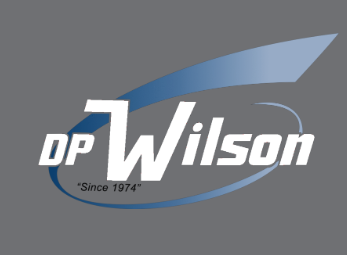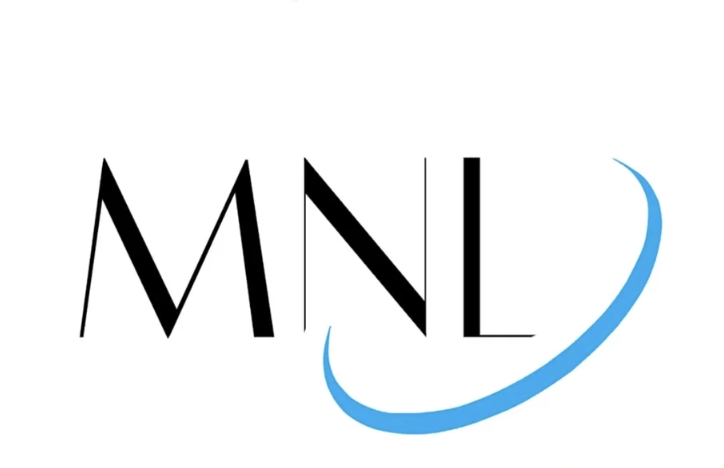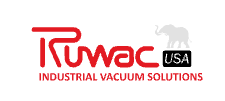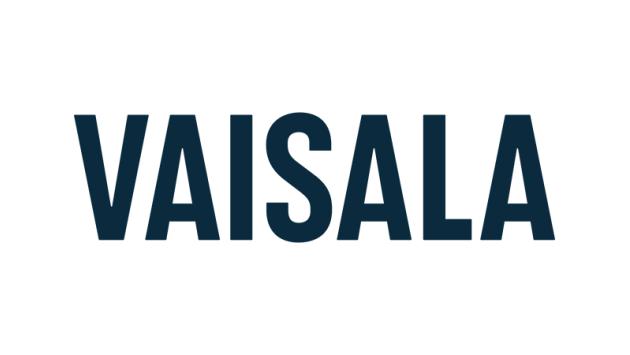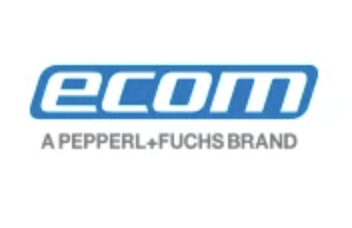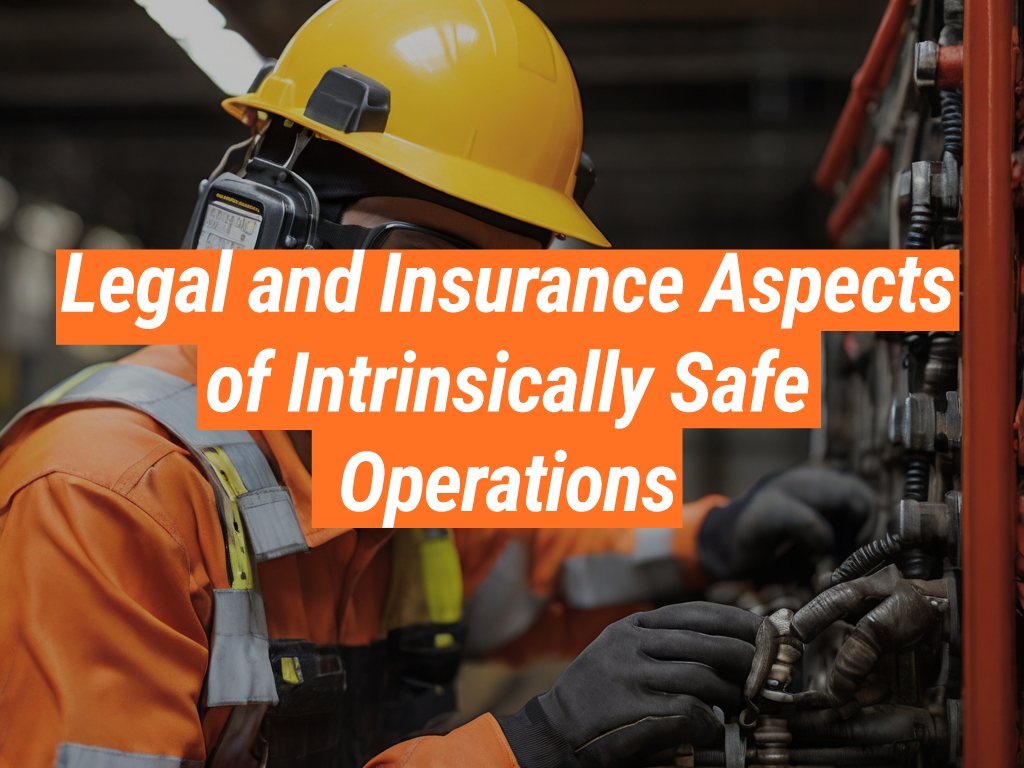As the world becomes more technologically advanced, the need for intrinsically safe operations in various industries is becoming increasingly important. This article, brought to you by the Intrinsically Safe Store, will delve into the legal and insurance aspects of these operations. We invite you to visit our website to learn more about our range of intrinsically safe products and services.
Understanding Intrinsically Safe Operations
Intrinsically safe operations refer to the use of equipment and products designed to prevent ignition in hazardous environments. These environments could be susceptible to explosions due to the presence of flammable gases, dust, or vapors. Industries such as oil and gas, mining, chemical, and pharmaceutical often require intrinsically safe operations.
Legal Aspects of Intrinsically Safe Operations
There are several legal aspects to consider when implementing intrinsically safe operations. These include compliance with safety standards, regulations, and laws at both national and international levels.
- Compliance with Safety Standards: Organizations such as the International Electrotechnical Commission (IEC) and the European Committee for Electrotechnical Standardization (CENELEC) set safety standards for intrinsically safe operations. Compliance with these standards is legally required in many jurisdictions.
- Regulations and Laws: Various countries have specific laws and regulations related to intrinsically safe operations. For instance, in the United States, the Occupational Safety and Health Administration (OSHA) enforces safety regulations in workplaces, including those that require intrinsically safe operations.
Insurance Aspects of Intrinsically Safe Operations
Insurance plays a crucial role in managing the risks associated with intrinsically safe operations. It provides financial protection to businesses in case of accidents, damages, or losses resulting from these operations.
- Liability Insurance: This type of insurance covers legal liabilities that may arise from accidents or damages caused by intrinsically safe operations.
- Property Insurance: Property insurance covers damages to the property, including the intrinsically safe equipment, due to accidents or disasters.
- Workers’ Compensation Insurance: This insurance covers the medical expenses and lost wages of employees who get injured while performing intrinsically safe operations.
Case Study: The Importance of Intrinsically Safe Operations
A case study that highlights the importance of intrinsically safe operations is the Deepwater Horizon oil spill in 2010. The explosion and subsequent oil spill, considered one of the worst environmental disasters in U.S. history, was due to a failure in maintaining intrinsically safe operations. The incident led to massive legal liabilities and insurance claims, emphasizing the need for stringent safety measures and adequate insurance coverage.
In conclusion, the legal and insurance aspects of intrinsically safe operations are critical for businesses operating in hazardous environments. Compliance with safety standards and laws, along with adequate insurance coverage, can protect businesses from potential risks and liabilities. As a leading provider of intrinsically safe products and services, the Intrinsically Safe Store is committed to helping businesses navigate these complexities. Contact us today to learn more about how we can assist you in ensuring your operations are intrinsically safe.







